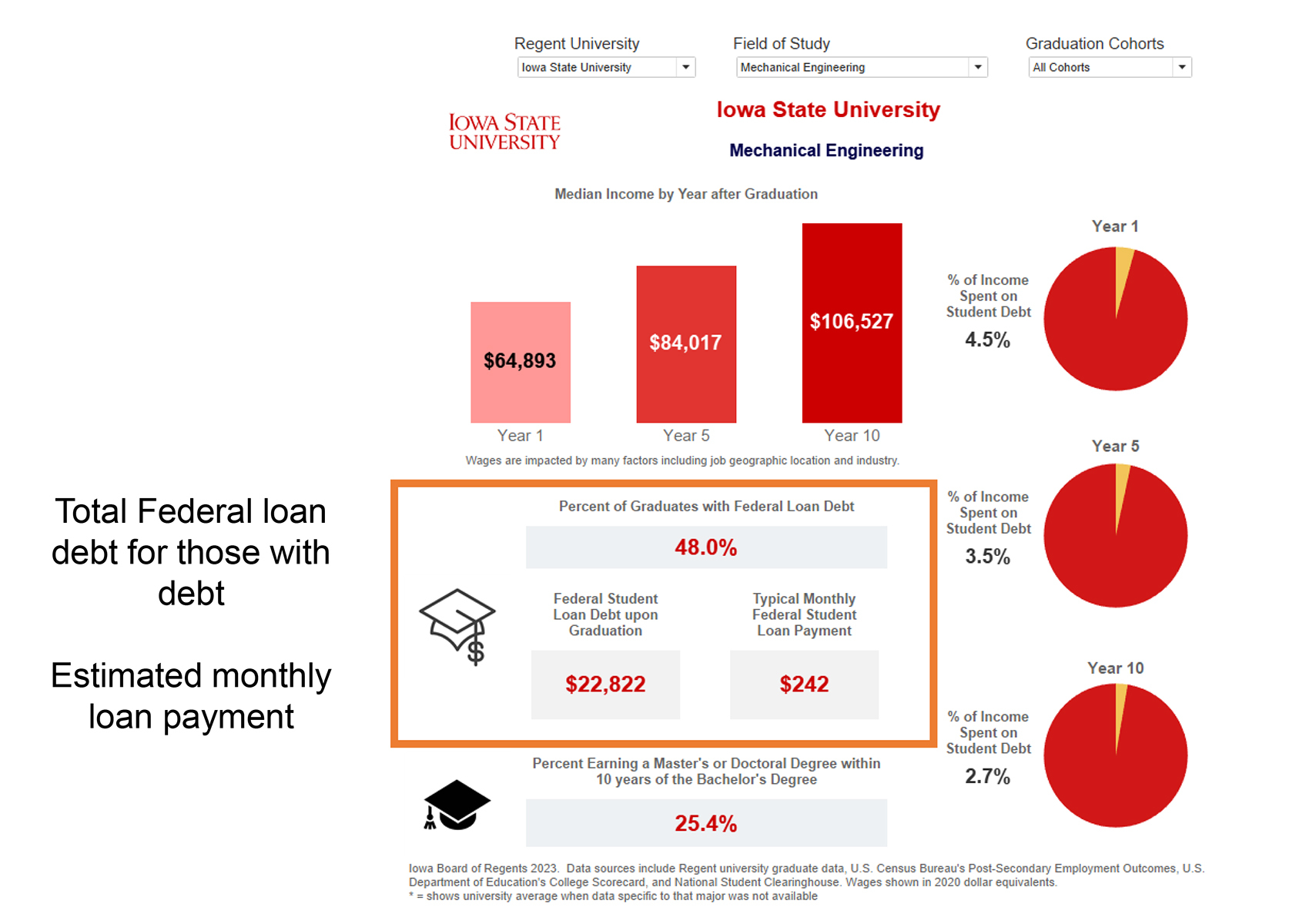LeBaron Hall replacement plan gets the green light
Author: Anne Krapfl
This is an archived story. The content, links and information may have changed since the publication date.
Author: Anne Krapfl
The College of Human Sciences will proceed with plans to demolish and replace LeBaron Hall, following final approval of its project budget and building schematics Sept. 28 by the state Board of Regents.
The new LeBaron Hall will be 30,000 square feet of classrooms and production laboratories designed with greater flexibility to adapt to needs as the apparel and event management industries change. The project adds a 100-seat classroom to the general university inventory and also renovates the commons area connecting LeBaron and MacKay halls and the Human Nutritional Sciences Building. The southern end of the current LeBaron footprint will be reserved for a possible addition to the new building. The $39 million project will be paid for with $30.4 million in private gifts and $8.6 million in university funds.
Construction would begin next summer and conclude during summer 2026.
Iowa State also received permission to begin planning for a second remodeling project in the adjacent Human Nutritional Science Building to create new homes for the student-operated Joan Bice Underwood Tea Room (first floor) and the textiles science teaching laboratory (second floor). In April, the board approved plans to relocate other textiles science labs from LeBaron Hall.
The board also approved Iowa State proposals to:

Prototype of the Iowa State version of a student data dashboard required by the 2023 Iowa Legislature. Larger image.
Jason Pontius, associate chief academic officer on the board's staff, shared with board members details and a prototype of a new student data dashboard required by the 2023 Legislature. House File 135 requires the three regent universities to share income and student debt data on alumni who completed undergraduate degrees. The intent is to show students the costs associated with higher education and the average salaries they could earn after graduating. Each university will annually post:
The legislation requires the universities to share this information annually with students "in the process of completing their first year of a baccalaureate program." Users will be able to filter the data by field of study -- not quite as precise as a major, but similar.
Pontius said the communications plan is that universities will share the information with all their students via email for the first time before the end of spring 2024 semester. The data will be updated annually in July on career services' statistics website and provided to students at least once a year. All three universities' data also will be on available on the board's website.
Pontius said the data for the dashboard will come primarily from three sources: the U.S. Census Bureau's Post-Secondary Employment Outcomes (wages), U.S. Department of Education's College Scorecard (student debt), and the National Student Clearinghouse (graduate degrees).
Iowa State is asking for a $4.5 million (2.5%) increase to its current $174.1 million operating appropriation from the state for fiscal year 2025. With an amendment proposed by student regent Abby Crow of the University of Iowa, the board will ask the state for $1 million in new operating funds to address student mental health on the three campuses.
President Wendy Wintersteen also outlined a proposal for an additional $10 million (total of $12.8 million) for year two of STEM workforce programming. The funds would target three areas: strengthen degree programs that align with Iowa's "Hot 50" jobs and key STEM fields; support Iowa manufacturers, particularly in biomanufacturing and opening international markets; and strengthen extension programming to boost the vitality of rural communities to attract and retain workforce talent. Wintersteen said extension leaders will work with community leaders to identify the local needs in extension strengths such as child care, health care, housing, transportation or economic development.
The three universities will ask for a $30 million capital commitment annually in the Rebuild Iowa Infrastructure Fund, to which the schools would add a 50% match. The funds would be allocated by the board for building renewal projects -- such as fire and environmental safety, campus security, regulatory compliance, energy conservation, modernization and building replacement. As a reference point, over the last five years, the three universities collectively spent an average of $32.3 million per year to reduce the current $1.4 billion building renewal backlog.
Board associate counsel Kristen Bauer reported that 17 faculty in the College of Liberal Arts and Sciences were approved for a retirement incentive program that's part of the multiyear Reimagine LAS initiative to right-size the college and eliminate its operating deficit. Another three applicants subsequently pulled their applications, and one applicant was denied participation in the program. In April 2022, an estimated 127 college faculty were eligible to participate.
The net savings to the university (salary and benefits savings less the cost of the program) after four years (fiscal years 2023-26) is projected to be $7.8 million. Fifteen of the 17 participants selected two years of retirement contributions and health and dental coverage for their option; two chose the other option: three years of retirement contributions. All 17 faculty members retired by June 30 of this year.
In other Iowa State business, the board: